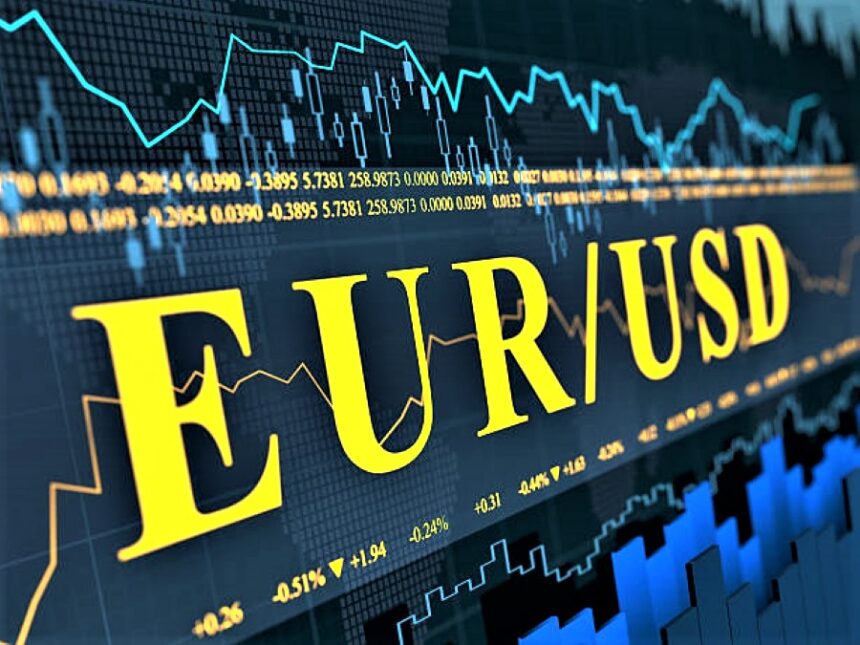Euro is trading at one-month lows against a broadly strong dollar.
The Euro (EUR) is nearly flat near one-month lows on Wednesday, consolidating losses following a stunning reversal on Tuesday. Rising geopolitical concerns in the Middle East. As well as central bankers’ rhetoric, have pushed back expectations for rate reduction in early 2024. Sending investors rushing into safe assets such as the US Dollar (USD), which is weighing on the Euro.
Dwindling optimism for Fed rate reduction and rising geopolitical tensions are supporting the US dollar.
On Tuesday, Federal Reserve (Fed) Governor Christopher Waller cautioned. That The bank is unlikely to cut rates as consumer inflation remains “striking distance” from the 2% target for price stability. Waller reiterated other Fed members’ statements from last week, suggesting that the market overreacted to global central banks’ reducing forecasts.
In this scenario, and with rising tensions in the Red Sea supporting the safe-haven US Dollar, the focus has shifted to the US calendar. Later today, December’s US retail sales and a number of Fed speakers are expected to increase USD volatility.
Daily market movers: Euro succumbs to US Dollar strength as speculators trim back Fed reduction hopes.
The Euro is lingering near one-month lows against a stronger US dollar, with all eyes on US consumption data.
Fed Governor Christopher Waller took a hawkish tone on Tuesday, casting greater doubt on the probability of a Fed rate drop in March.
Futures markets are pricing in a 63% possibility that the Fed would begin relaxing in March, down from 75% earlier this week.
In the Eurozone, final CPI numbers for December indicated that headline inflation increased to 2.9% a year from 2.4%, but Core CPI fell to 3.4% from 3.6% in November.
US retail sales and a flurry of Fed speakers may drive up EURUSD volatility.
Later today, US retail sales are forecast to grow 0.4% in December, following a 0.3% increase the previous month.
Soon after the US data is revealed, Fed board members Michael Barr. And Michelle Bowman are likely to provide further insight into the The Bank’s Monetary Policy Outlook.
Later, Christine Lagarde, President of the European Central Bank. And Joachim Nagel, Governor of the Bundesbank, will talk. Their comments on the bank’s policy initiatives will be closely watched.
The uncertainty in the Red Sea lingers, pushing maritime companies to seek alternate routes for their cargo. This raises shipping costs and will lead to stronger inflationary pressures.
Data from China, released earlier today, added to evidence of the world’s second-largest economy’s fragile development. GDP growth in the third quarter was 5.2% year on year, lower than the predicted 5.3%, and retail sales were similarly disappointing.









